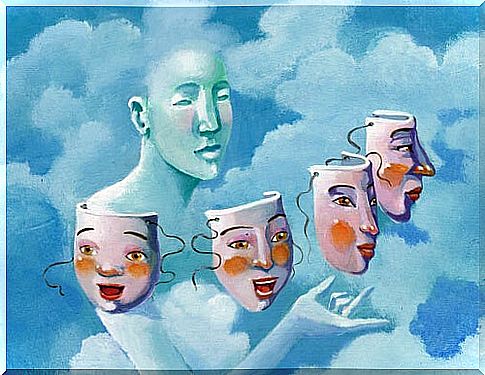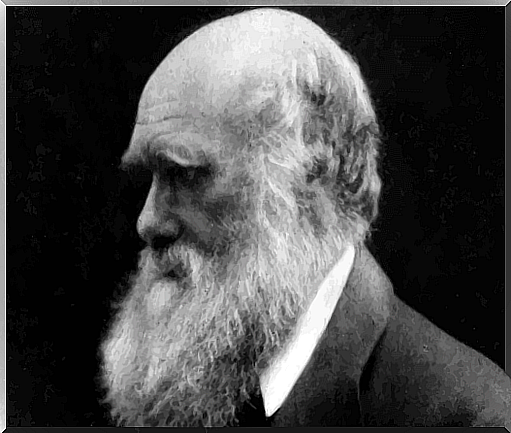What Darwin Taught Us About Emotions

What Darwin taught us about emotions is still very much present. His extensive work provided the basis for a good part of current scientific areas. What not everyone knows is that he emerged as the first experimental “psychologist” in history.
In addition to The Origin of Species , the famous English naturalist wrote works on earthworms, coral reefs, carnivorous plants and also (here is the really interesting thing) on emotions.
Thus, the contribution he made with The Expression of Emotions in Man and Animals, published in 1872, continues to be a work of great interest.
It was the first time that the idea was enunciated that all people (and even animals) show our emotions through similar behaviors. Furthermore, Charles Darwin explained at this time that dimensions such as fear, happiness, surprise or sadness were expressed in the same way throughout the world.
These statements were by no means a specific opinion of the classic salon scientist who interprets reality from his university or the walls of his office. Darwin spent 30 years of his life collecting data, traveling, and experimenting. Three decades where he observed communities of people around the world and also animals, both domestic and wild.
All, according to him, we feel emotions and we live (express) them almost in the same way.

What Darwin taught us about the world of emotions
What Darwin taught us through his work is the result of a mind that dared to go beyond the established. Thus, something that we cannot forget is the controversy that his theory on the evolution of species generated.
Nor can we ignore his firm defense of definitively separating science from religion, something that he manifested in his famous letter of 1880 in which he rejected the authority of the Bible.
For many he was a heretic, but for the vast majority he rose as a genius who definitively illuminated the remnants of darkness that remained over the world of science. For psychology, Charles Darwin contributed a fundamental piece to understand the universe of emotions.
His contributions established many of the theories that we still maintain today; others have varied, but in general, their authority and contributions are undeniable.
Let’s see what they are.
Emotions are instinctive and are separate entities
All emotion is the result of our evolution and is, in turn, the reflection of instinctual acts. Thanks to them we have managed to survive, we interact with our peers and react to stimuli. Something that also defines people and animals equally.
On the other hand, studies, such as those carried out by Paul Ekman on Charles Darwin, remind us that the English naturalist conceived of emotions as entities separate from each other. For example, anger and fear are expressed differently and require, in turn, a different physiological activation.
Emotions and facial expressions
Charles Darwin gave a decisive importance to the understanding of emotions through our facial expressions. He dedicated a good part of his life to this study and explained facts to us such as that anger, sadness or disgust were emotional realities that could be easily identified in the animal world as well.

What Darwin Taught Us: Emotions Are Universal
What Darwin taught us with his work and research is that emotions are universal realities. It does not matter if we are an English nobleman or a native of New Guinea, we all experience fear, anguish, shame, disgust or joy …
It is true that our education will make us more or less content when it comes to expressing them, but all human beings experience the same emotions.
This fact, which today is indisputable, was a great annoyance for certain groups in British society, especially those with clearly racist mentalities.
We must cultivate and attend to our emotional universe
This data is at least inspiring. In many of his letters, those that were later compiled in book form ( The Life and Letters of Charles Darwin ), we discovered a constant concern in Charles Darwin: for him the life of the “mind” was key. However, in his obsession to understand, analyze, postulate and disseminate, he was neglecting his emotional world.
He described himself as a workaholic who had neglected something as basic as cultivating happiness, calm, and enjoyment. He explained it as follows:
In conclusion, it does not matter that more than a century has passed since his research on emotions was published. What Darwin taught us actually transcends even the knowledge or data that established many of the current sciences. This 19th century scientist is a landmark and someone who continues to arouse respect and inspiration.









